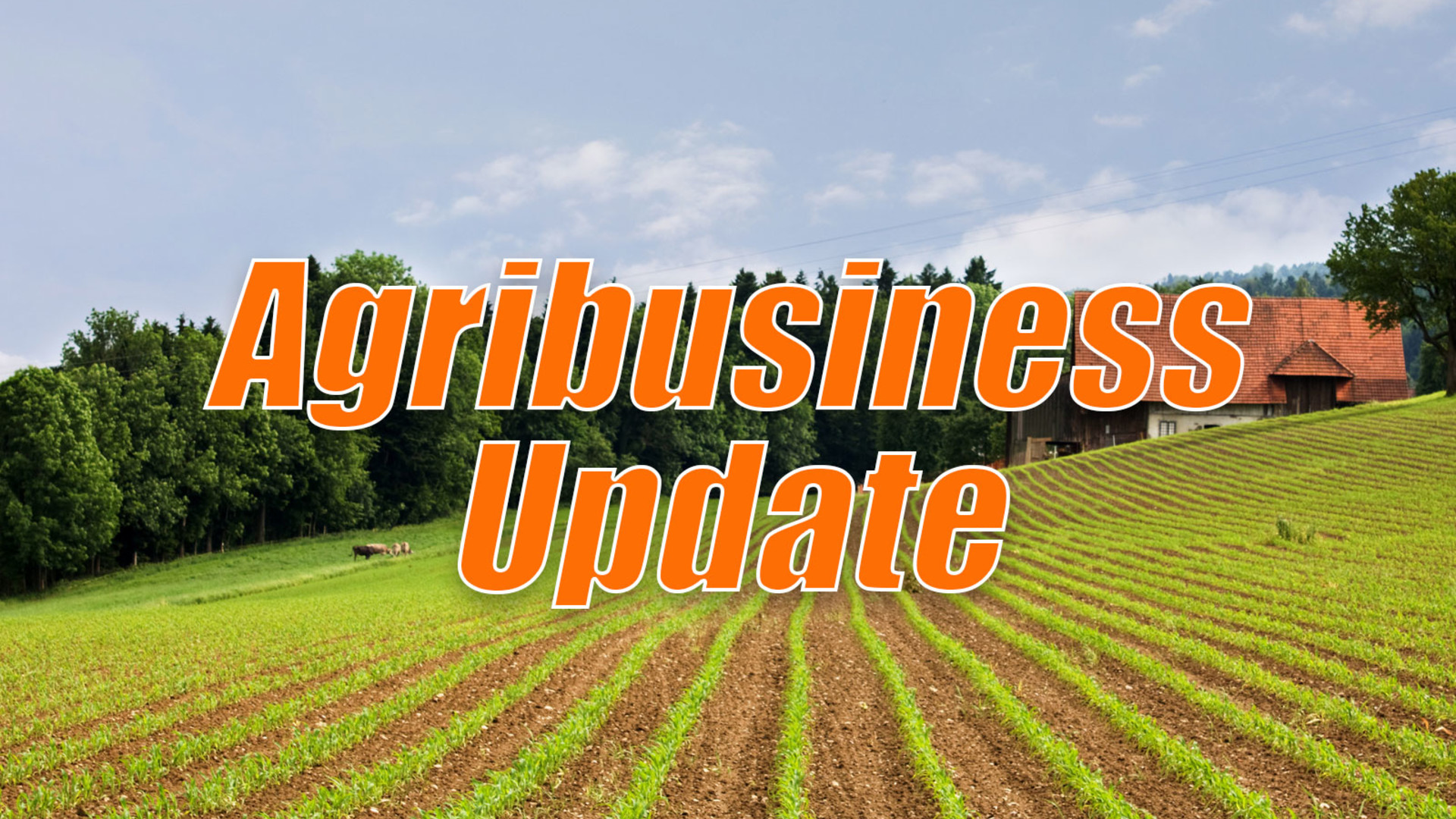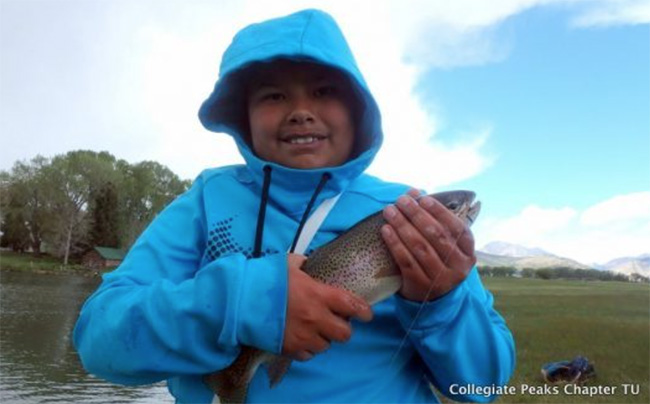The “Trust the Science Act” has been passed by the House and is currently being reviewed by the Senate. During the bill’s consideration, U.S. Representative Dan Newhouse spoke in support of it, arguing that based on science-backed approaches, it was time to delist the gray wolf from Endangered Species Act protections. Newhouse believed that the gray wolf population had recovered and that using the ESA as a tool against private landowners was no longer necessary.
On a different note, the National Agricultural Aviation Association (NAAA) is taking part in Ag on the Mall in Washington, D.C., an event aimed at showcasing American equipment manufacturers, farmers, ranchers, and innovators who are committed to reducing environmental impact while increasing productivity. The NAAA will be presenting a Bell Jet Ranger Helicopter equipped with a liquid spray system for applying crop protection materials during this event.
In response to recent outbreaks of bird flu in dairy cattle in certain states, the U.S. government has started collecting ground beef samples from retail stores across the country. Despite these outbreaks, public health officials are confident that meat supply is safe and low-risk for consumers overall due to both Centers for Disease Control and World Health Organization’s statements that only those exposed to infected animals should take precautions regarding their exposure risk level.
As we wait for updates on these issues, it is important to remember that science plays an essential role in protecting our environment and ensuring public health safety. By relying on scientific evidence and data-driven approaches, we can make informed decisions about our policies and actions towards wildlife conservation efforts or food production methods.
For instance, when it comes to wildlife conservation efforts like gray wolf protection or bird flu outbreak prevention measures like ground beef collection programs – it’s crucial not only to listen but also take action based on scientific recommendations and research findings.
Similarly, farmers should use innovative techniques such as precision agriculture methods or investing in efficient irrigation systems not just because they reduce environmental impact but also increase productivity while saving costs over time.
Ultimately, trusting science means accepting its limitations as well – acknowledging what we don’t know yet and being open-minded about new discoveries or breakthroughs that could change our understanding of things we thought we already knew well enough.
By embracing science wholeheartedly with an open mindset towards innovation & improvement – we can shape a better future for ourselves & generations ahead by addressing pressing challenges through evidence-based solutions rather than political ideologies or outdated beliefs.


